Episodes

Monday Nov 26, 2018
Monday Nov 26, 2018
According to a recent article school and prison design are historically linked, and I was interested in having a conversation with Danish Kurani about this and how we alter our educational spaces for a new reality.
I've appreciated a number of conversations with Danish over the years as he has sparked a new energy for us to "cultivate happiness", "re-village" our schools, consider educator "comfort" and well-being, and consider "people-centric design".
Danish Kurani is Chief Designer at Kurani, Instructor at Harvard, Lecturer at Stanford, and is an American architect building environments to improve the human condition. You can find more information about Danish's projects at www.kurani.us.
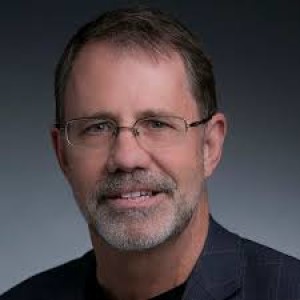
Friday Nov 23, 2018
Friday Nov 23, 2018
According to Rex, educators as a whole display the characteristics of fatigue in a similar way as is described as The Caregivers Dilemma.
Rex Miller is the author of Humanizing the Education Machine and The Healthy Workplace Nudge, and in this conversation we discuss his new MindShift project that is a mesh of these two books as he seeks to discover solutions to the issues that are plaguing educator well-being.
For more information on Rex Miller and MindShift: https://rexmiller.com/mindshift/
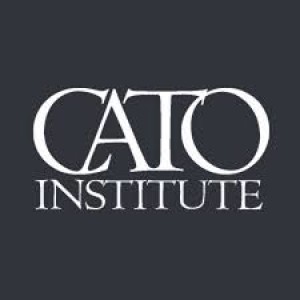
Wednesday Nov 21, 2018
Wednesday Nov 21, 2018
In this conversation, Corey DeAngelis who is a Policy Analyst for the Cato Center for Educational Reform shares his thoughts on the election and what it might mean for Education Policy. Our conversation meanders from a review of Education Research, the election results, states to keep an eye on, and exciting research that he and other colleagues are working on.
I met Corey via Twitter, and you can find many of the resources he references if you follow him @DeAngelisCorey; however, some of the resources I link below as it may provide greater reading and context to his research and other work that is taking place in research and school choice policy.
Corey's Dissertation: https://scholarworks.uark.edu/cgi/viewcontent.cgi?referer=https://t.co/mPQQCyfSsU&httpsredir=1&article=4215&context=etd
Impact of Regulation on School Options: https://www.heartland.org/publications-resources/publications/research--commentary-burdensome-regulations-prevent-high-quality-schools-from-participating-in-voucher-programs-in-ohio-and-milwaukee
Mental Health and School Choices: https://fee.org/articles/why-teen-suicide-is-lower-in-states-that-have-more-school-choice/
Milwaukee's Voucher Schools: https://www.the74million.org/analysis-milwaukee-religious-schools-voucher-students/
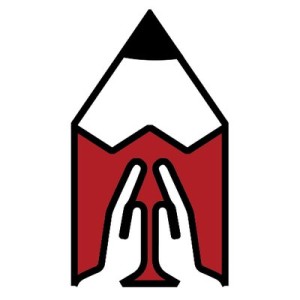
Friday Nov 16, 2018
Friday Nov 16, 2018
I had the opportunity to have a conversation with Marilyn Rhames of "Teachers who Pray" who I met in June 2017 at an Urban Education Summit. She was recently interviewed by Frederick Hess for Education Next, and I wanted to ask her some follow-up questions about her work, the role of faith and pray in our profession, and what gets her excited for schools and our profession.
Article: https://www.educationnext.org/straight-conversation-teachers-pray-founder-marilyn-rhames/
Marilyn Rhames is the founder and CEO of Teachers Who Pray. Marilyn also taught in Chicago Public Schools for 15 years and is a blogger for the Education Post (www.educationpost.org/network/marilyn-rhames/). And she is in the process of completing her book The Master Teacher: 12 Spiritual Lessons That Can Transform Schools and Revolutionize Public Education.
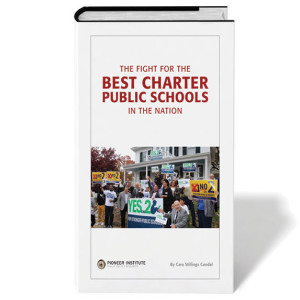
Thursday Nov 08, 2018
Thursday Nov 08, 2018
I had the opportunity to talk with Dr. Cara Stillings Candal who is a Senior Fellow at Pioneer Institute and the author of The Fight for the Best Public Charter Schools in the Nation. In this conversation, we discuss the findings of her research, the lessons learned from Massachusetts about the role of autonomy and accountability in state policy, and how to foster innovative school solutions as a desire to impact the educational quality for all students.
Here is a great article that helps summarize the findings of the book: https://www.educationnext.org/fight-for-the-best-charter-schools-in-the-country-what-massachusetts-got-right-wrong/
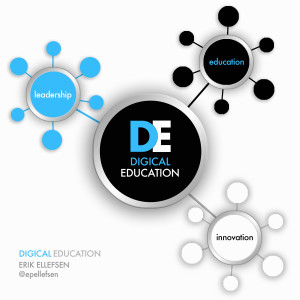
Friday Oct 26, 2018
Friday Oct 26, 2018
This conversation is with Ben Bajarin who is a tech analyst for Creative Strategies in Silicon Valley, a parent of middle and high school students, spouse of a special education teacher, and a high school tennis coach.
In this conversation, I started with a question from a prior podcast visitor (Tom Arnett), will tech (AI) replace teachers? And then we roll into a slew of other topics in regard to tech and schools. Ben's points on data, integration, and collaboration really struck me as these are places where we can make significant strides in thinking more creatively about teaching and learning.
For more about Ben and Creative Strategies: https://creativestrategies.com/team/ben-bajarin/
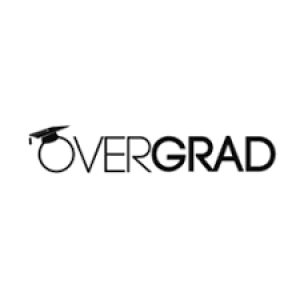
Sunday Sep 23, 2018
Sunday Sep 23, 2018
Ryan Hoch is co-founder of Overgrad (www.overgrad.com).
I was interested to learn about his story and why he went from teaching in St. Louis to a corporate job, and then eventually founding Overgrad. Likewise, I was quite interested in his concept that Overgrad as a social enterprise is more than just a tool for schools, but more significantly "a platform that unites a student's support network" in order to promote student agency.
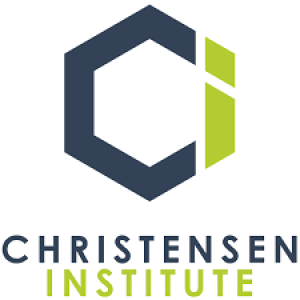
Wednesday Sep 19, 2018
Wednesday Sep 19, 2018
In his new report Thomas Arnett states, "the success of any school improvement hinges on teachers;" however later in the report he also states, "one key reason most school-improvement initiatives struggle to gain traction is that they are coercive."
This podcast conversation delves deeper into the research Tom did with Bob Moesta and Michael Horn entitled "The Teacher's Quest for Progress: How school leaders can motivate instructional innovation" https://www.christenseninstitute.org/publications/teachers-jobs-to-be-done/
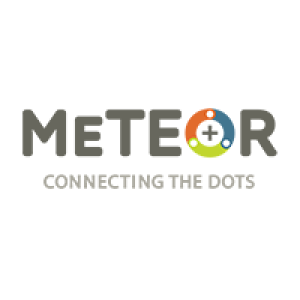
Monday Sep 17, 2018
Monday Sep 17, 2018
This is podcast #2 with Bill Latham as in a recent conversation he challenged my own thinking about the choice between Innovation and Irrelevance in my work, our profession, and our school system. In this conversation Bill will also share what he is discovering about high quality leadership, the impact of Collective Teacher Efficacy, and professional engagement and well-being of educators.
Bill is CEO of MeTeor Education (www.meteoreducation.com)

Friday Sep 14, 2018
Friday Sep 14, 2018
This is the third conversation I've had since the beginning of the podcast with Jon Eckert. In this podcast I ask Jon about what John Hattie calls "Collective Teacher Efficacy" and how it is the factor that has the greatest impact on student learning. Likewise, I ask Jon about what he calls "Catalytic" leadership in his book Leading Together.
Jon's Bio: As a Professor of Education at Wheaton College, Jon’s research includes teaching effectiveness, teacher preparation, teacher evaluation, and teacher compensation. In addition to his work at Wheaton he is a Research Consultant for the Center for Teaching Quality and he has also consulted with the National Institute for Excellence in Teaching and the U.S. Department of Education. You can find his recent research on Collective Leadership in his new book, “Leading Together: Teachers and Administrators Improving Student Outcomes.”
